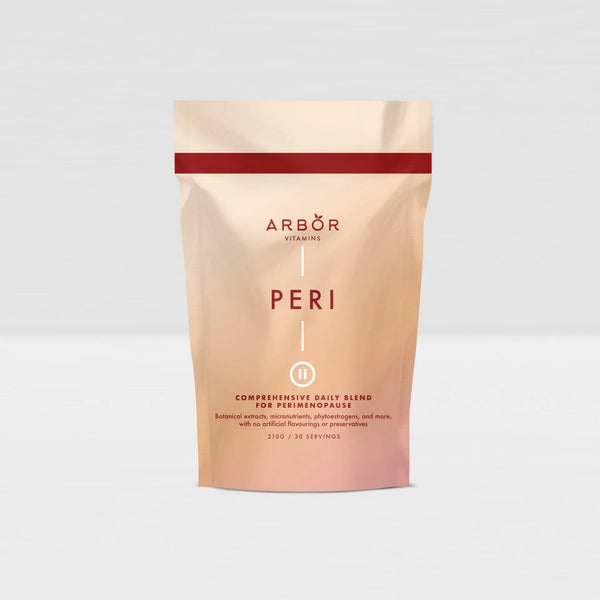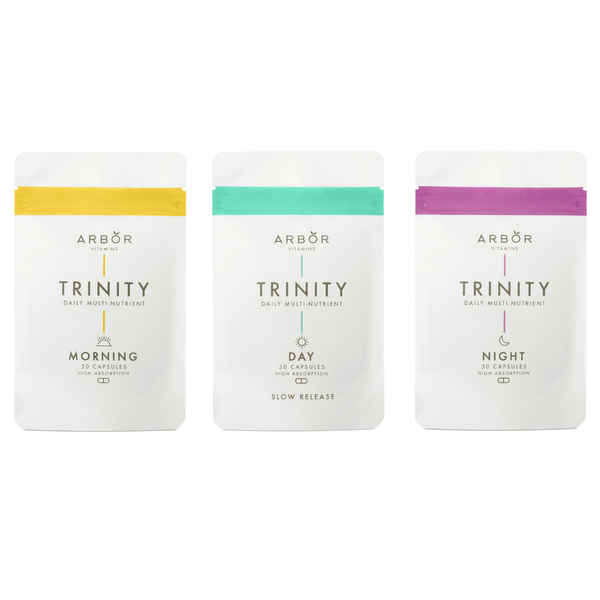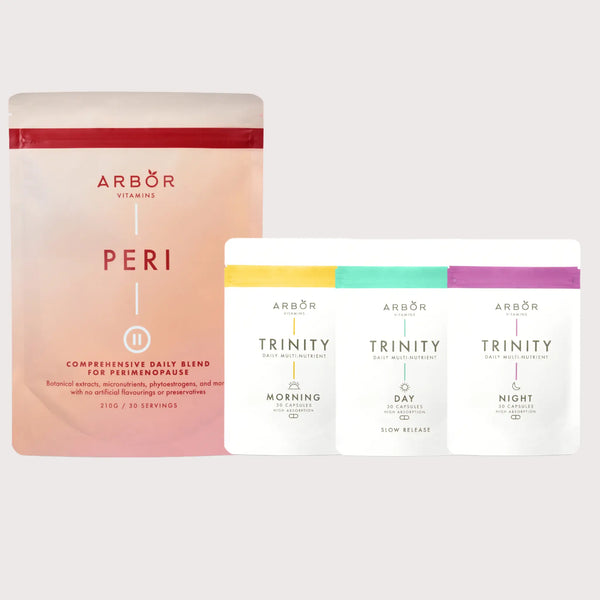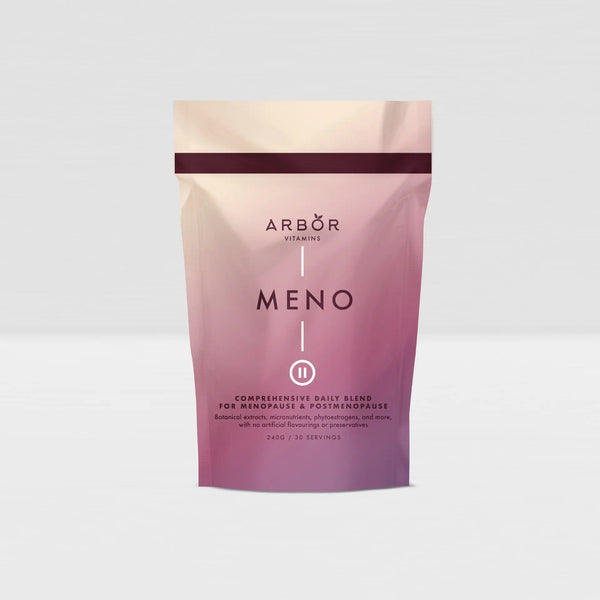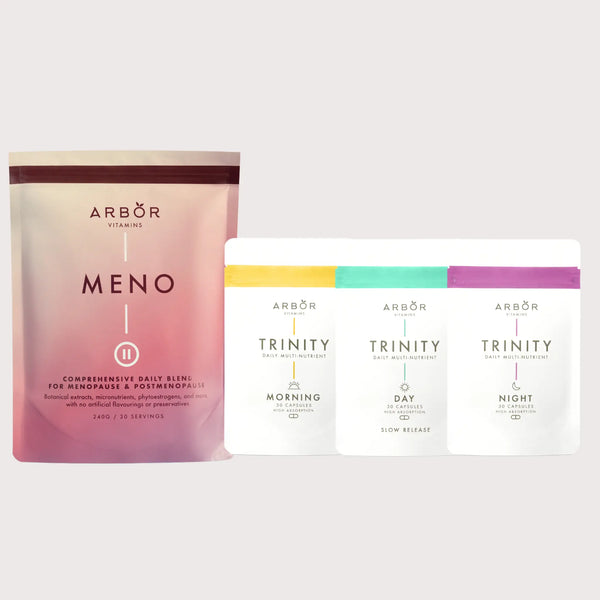Top 10 Alkali Foods
Top 10 Alkali Foods: Maintaining a proper pH balance in the body is essential for overall health and well-being. Alkali foods, which have alkalising effects on the body, play a vital role in balancing our pH levels. In this blog post, we will explore the top 10 alkali foods and their individual benefits in terms of vitamins and minerals. By incorporating these nutrient-dense foods into your diet, you can support optimal health and promote alkalinity in your body.
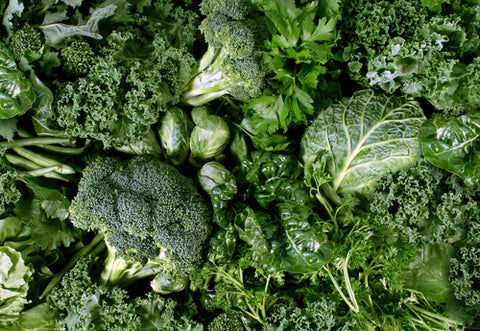
1.) Leafy Greens: Leafy greens like spinach, kale, Swiss chard, and collard greens are rich in alkalising minerals such as calcium, magnesium, and potassium. They are also packed with vitamins A, C, and K, along with folate and fibre. These nutritional powerhouses support bone health, aid in digestion, boost immunity, and provide antioxidant protection.
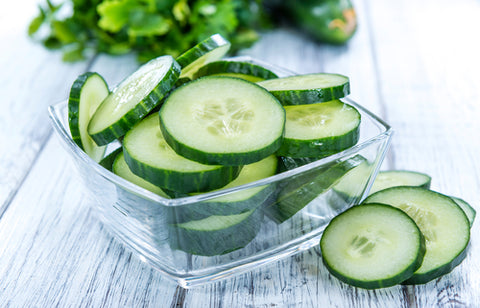
2.) Cucumbers: Cucumbers have a high water content, which helps hydrate the body and flush out toxins. They are also a good source of alkalising minerals, including potassium, magnesium, and silica. Additionally, cucumbers contain vitamins K and C, as well as antioxidants that support skin health, promote hydration, and aid in detoxification.
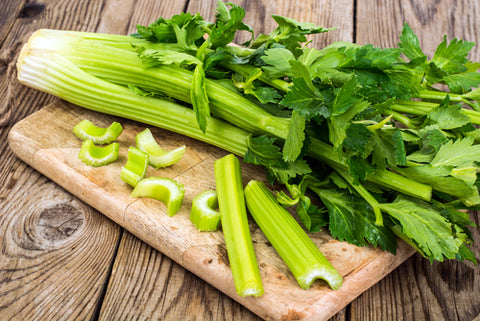
3.) Celery: Celery is a low-calorie vegetable that is rich in alkaline minerals like potassium and magnesium. It also contains vitamins A, C, and K, along with antioxidants such as flavonoids and phenolic compounds. Celery supports healthy digestion, reduces inflammation, and provides hydration due to its high water content.
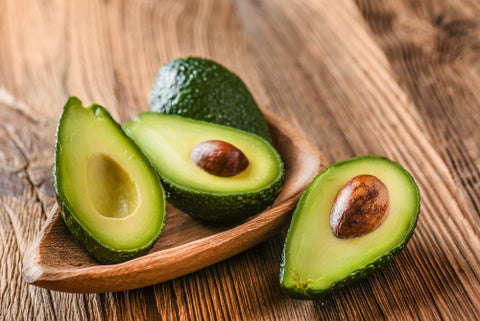
4.) Avocados: Avocados are not only delicious but also highly nutritious. They are rich in healthy fats, including monounsaturated fats, which support heart health. Avocados provide alkalising minerals such as potassium and magnesium, as well as vitamins K, C, E, and various B vitamins. They also offer fibre, antioxidants, and phytochemicals that promote brain health, boost immunity, and support healthy skin.
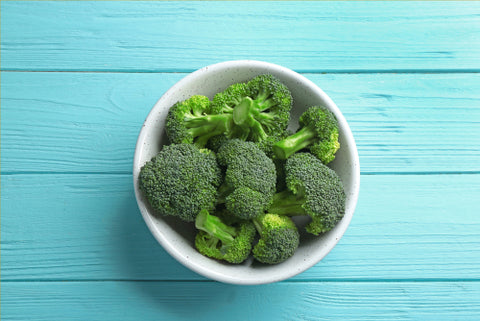
5.) Broccoli: Broccoli is a cruciferous vegetable that is known for its alkaline-forming properties. It is an excellent source of alkalising minerals, including calcium, magnesium, and potassium. Broccoli is also packed with vitamins A, C, and K, folate, and fibre. This nutrient-rich vegetable supports detoxification, boosts immune function, promotes heart health, and provides anticancer properties.

6.) Lemons: Although lemons are acidic in taste, they have an alkalising effect on the body. Lemons are rich in vitamin C, a powerful antioxidant that supports immune function, collagen production, and aids in the absorption of iron. They also contain potassium and flavonoids, which contribute to heart health and provide antimicrobial properties.
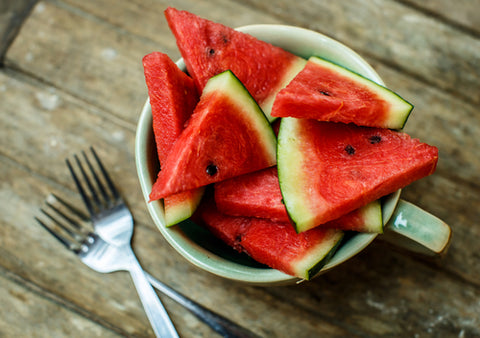
7.) Watermelon: Watermelon is not only a refreshing fruit but also an alkalising food. It has a high water content that helps hydrate the body and promote detoxification. Watermelon is a good source of vitamins A and C, as well as the antioxidant lycopene. This fruit supports cardiovascular health, helps regulate blood pressure, and provides hydration and electrolyte balance.
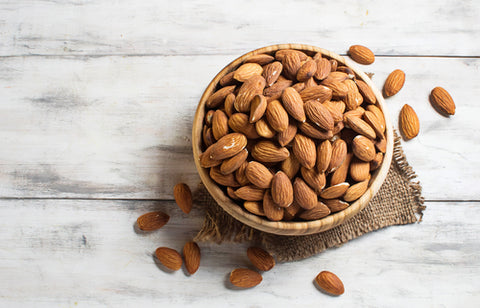
8.) Almonds: Almonds are alkaline-forming nuts that offer a wide range of nutritional benefits. They are a great source of healthy fats, including monounsaturated fats, as well as protein, fibre, and various minerals such as magnesium and potassium. Almonds also provide vitamin E, an antioxidant that supports skin health, immune function, and acts as a natural anti-inflammatory.
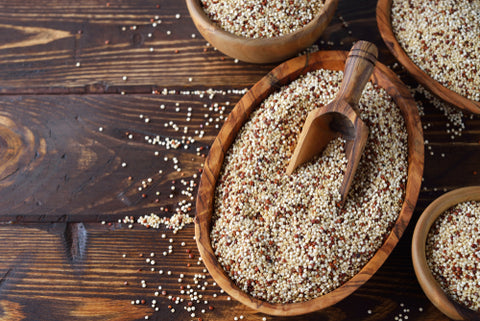
9.) Quinoa: Quinoa is an alkaline grain alternative that is gluten-free and packed with essential nutrients. It is a complete protein, containing all nine essential amino acids, making it an excellent choice for plant-based diets. Quinoa also provides fibre, magnesium, iron, and B vitamins, supporting digestion, energy production, and overall vitality.

10.) Herbal Teas: Certain herbal teas, such as chamomile, peppermint, and green tea, have alkaline properties. Chamomile tea provides relaxation, supports sleep, and has anti-inflammatory benefits. Peppermint tea aids digestion, soothes the stomach, and provides antioxidant and antimicrobial properties. Green tea is rich in antioxidants called catechins, which support heart health, brain function, and weight management.
Incorporating alkali foods into your diet can help promote a more alkaline environment in your body, supporting optimal health and well-being. Leafy greens, cucumbers, celery, avocados, broccoli, lemons, watermelon, almonds, quinoa, and herbal teas are not only alkalising but also offer a wide array of vitamins, minerals, antioxidants, and other beneficial compounds. By enjoying these nutrient-dense foods, you can nourish your body and enhance its alkaline balance for improved vitality and overall wellness.


